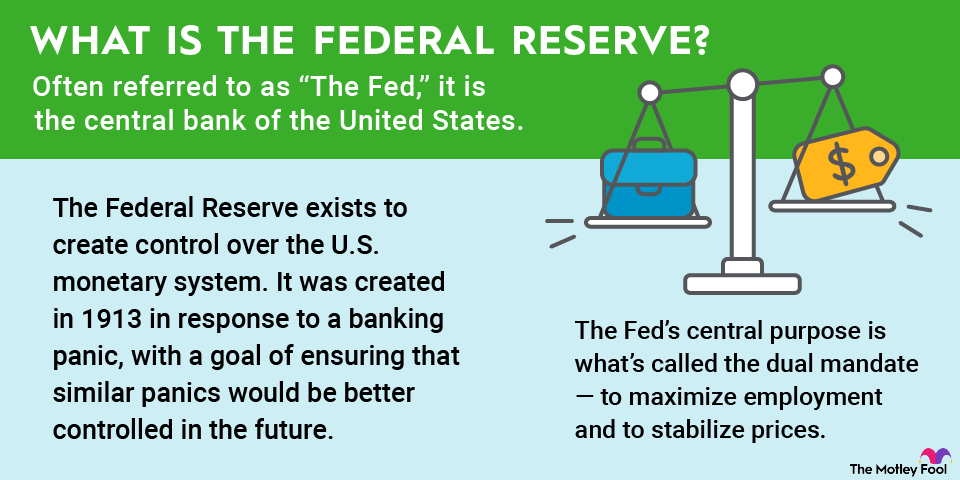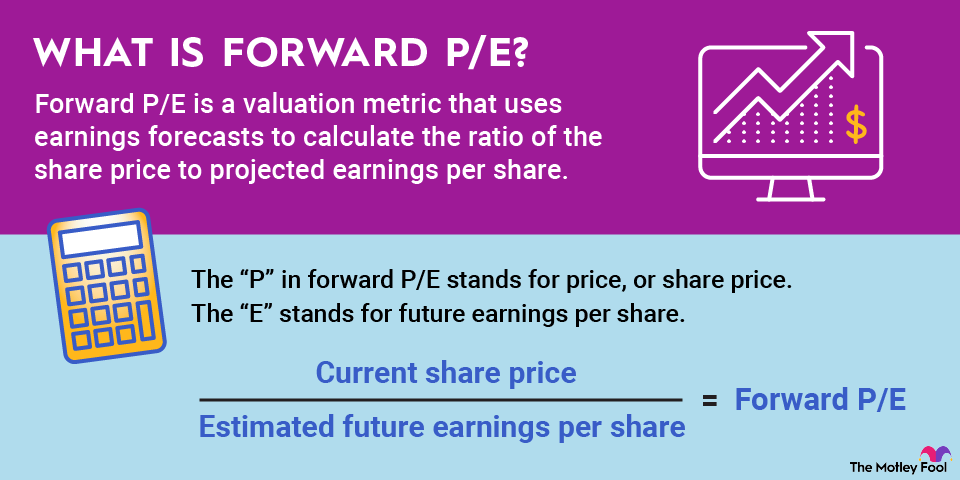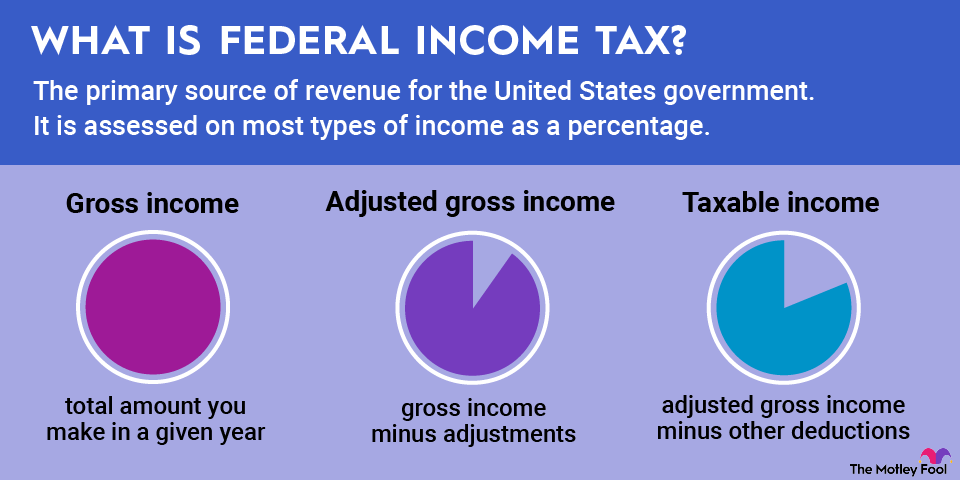A legal clause in contract law, "force majeure" absolves a party from liability when it fails to fulfill the terms of a contract. While companies hope for the best when entering into agreements, unforeseen circumstances can prevent companies from meeting the requirements of their agreements. In these cases, the companies may declare force majeure.

What is force majeure?
Force majeure is a clause in contract law that addresses unexpected events preventing a party from fulfilling the terms of a contract. In addition to contracts between companies, countries may have force majeure clauses in treaties.
There a variety of situations that may lead a party to declare force majeure. Weather events are obvious examples of reasons why companies would declare force majeure since hurricanes, tornadoes, and earthquakes can impair a company's ability to fulfill the terms of an agreement. In these cases, the company's declaration of force majeure would absolve them of failing to meet the terms of the contract.
Perhaps the greatest recent example -- on a large scale -- of force majeure involved the COVID-19 pandemic. Due to the lockdowns and other measures that governments and companies took to stymie the spread of infection, companies were unable to fulfill the terms of contracts, leading them to declare force majeure.
The importance of force majeure
Rooted in the Napoleonic Code, the concept of force majeure has since been adopted into the laws of many nations.
A company's ability to invoke the force majeure clause of a contract has tremendous value. Because a company's failure to fulfill the terms of an agreement can result in significant liability that could cost the company millions of dollars, the declaration of force majeure can save the company from considerable financial harm.
And it's not solely a financial impact that could be at risk. A company's inability to meet the terms of a contract can damage its reputation, resulting in customers having less faith in its ability to meet its commitments.
What investors should keep in mind
Individuals need to be aware of the concept of force majeure since it can apply to one's investments. Imagine a situation where a manufacturer fails to deliver its widgets to a customer, resulting in the company falling short of its quarterly revenue projection and potential litigation for breach of contract.
The manufacturer's stock may plummet as some investors interpret the market's reaction as a signal that something is rotten with the state of the manufacturer and sell their shares. Other investors, however, find that the manufacturer declared force majeure regarding the failure to deliver the widgets because an earthquake damaged its warehouse, destroying the goods in question. The bottom line? Investors rushing to sell their shares were acting too hastily.
Related investing topics
An EV industry example of force majeure
People who closely follow Tesla (TSLA +1.59%) may recall hearing the term force majeure repeated several times on a 2022 conference call. With government's implementing extensive lockdowns to curb the spread of COVID-19, the supply chains of numerous industries -- such as the electric car (EV) industry -- were thrown into chaos. On Tesla's second-quarter 2022 conference call, Musk cited the constant supply challenges the company had faced since the outbreak of the pandemic, stating "The past few years have been quite a few force majeures, and it's been kind of supply chain hell for several years."



















